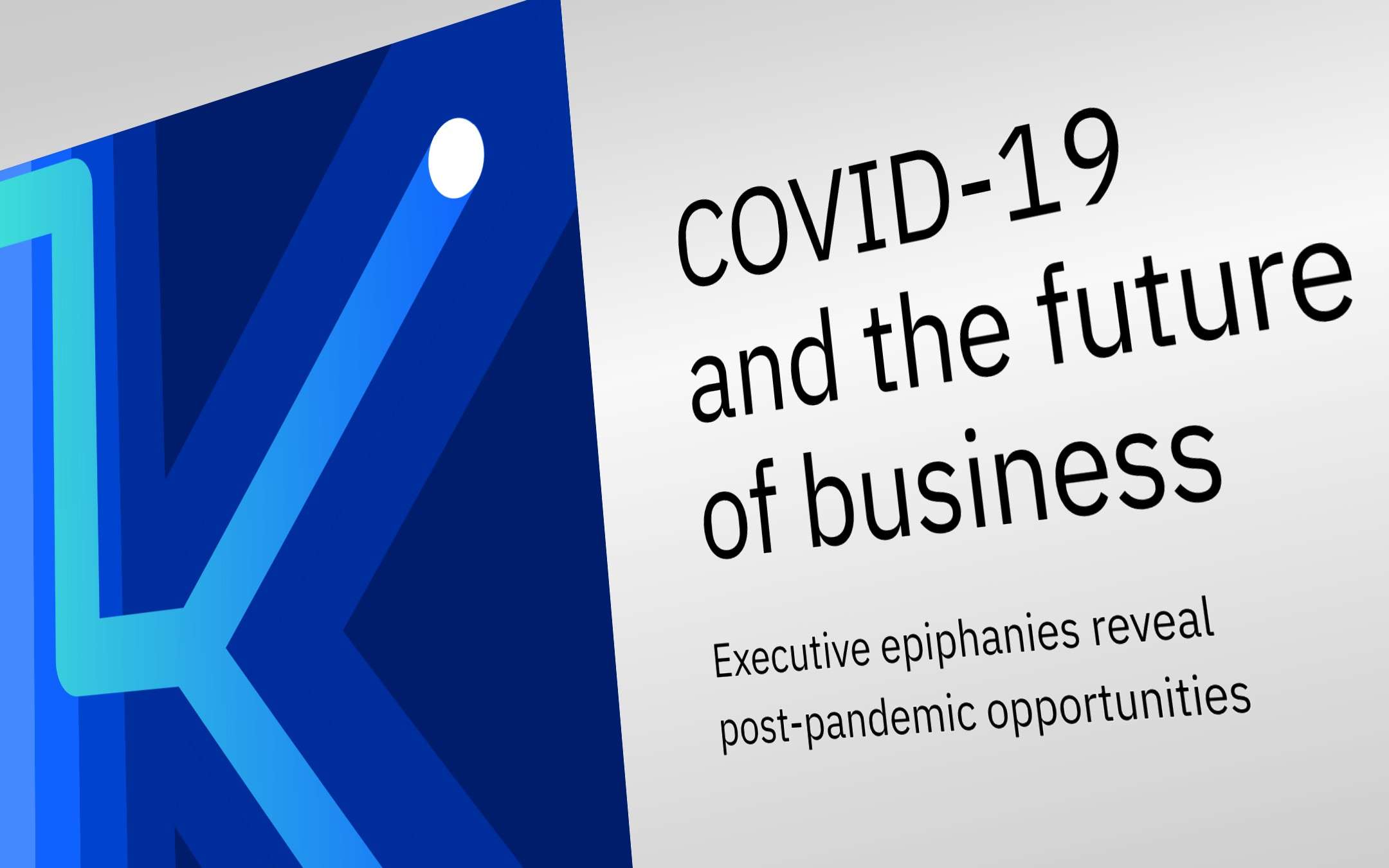IBM: digital transformation puts man at the center

Digital transformation: the centrality of the human element
The risks of burnout (a side effect of stress and emotional fatigue brought about by particular circumstances, such as in this case the pandemic in progress) will continue for many months and the company that will be able to put the well-being of the workforce at the center of its commitments will be able to benefit from more efficient and motivated resources. But what are companies doing to accompany this difficult transition phase? In Italy, "71% of respondents believe they have helped their employees learn the skills needed to work in a new way while 82% say they contribute to the psycho-physical health of the workforce". But does all this correspond to reality? On a global level, in reality, the perception of workers is very different, with a much lower percentage in the answers (respectively 38% and 46%).The pandemic has contributed to breaking down many of the existing barriers in the digital transformation process, and executives increasingly rely on technology to direct the most strategic activities. But looking to the future, top managers will have to redouble their attention to people, workflows and technological infrastructure: we cannot underestimate the power of empathic leadership in guiding employees by contributing, in a context of continuous disruption, to promoting trust, effectiveness and well-being.
Mark Foster, Senior Vice President of IBM Services
One certainty is clear: digital transformation can bring great benefits in terms of performance, resilience and culture evolution company, but the risk is that the costs of this change (because every change, inevitably, has costs) are all passed on to the human element. The friction that is consumed accumulates waste that the company risks paying heavily, losing quality day after day in the production processes. Understanding this dynamic in advance and being able to stimulate behavioral skills and updating the skills of individuals can therefore make the difference.
Yesterday IBM announced its split for the creation of a new company that can focus on cloud and AI: all this also happens in the wake of considerations that place great trust in AI for what it could do in driving change, solving temporary frictions and calming the consequences of a sudden evolution of work dynamics. Automation, which at every level is destined to enter the company, should not be seen as a threat but as an opportunity within an unavoidable revolution.
But in this invasion of technologies, man remains fundamental and demands attention: top managers are required to have this type of sensitivity, under penalty of ineffectiveness of the application of AI in production processes. The complementarity between human resources and technological resources will be accompanied not only with competence, but also with a certain sensitivity: a not bad challenge for the coming months.
Source: IBM